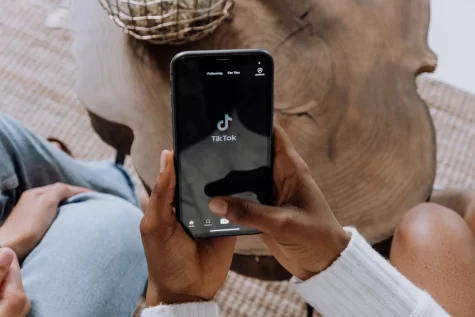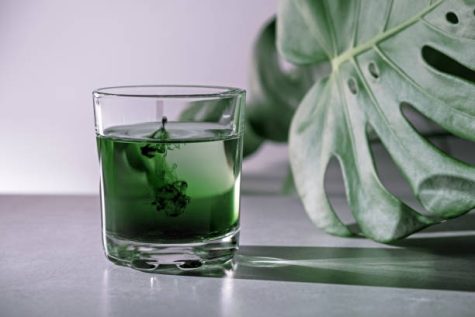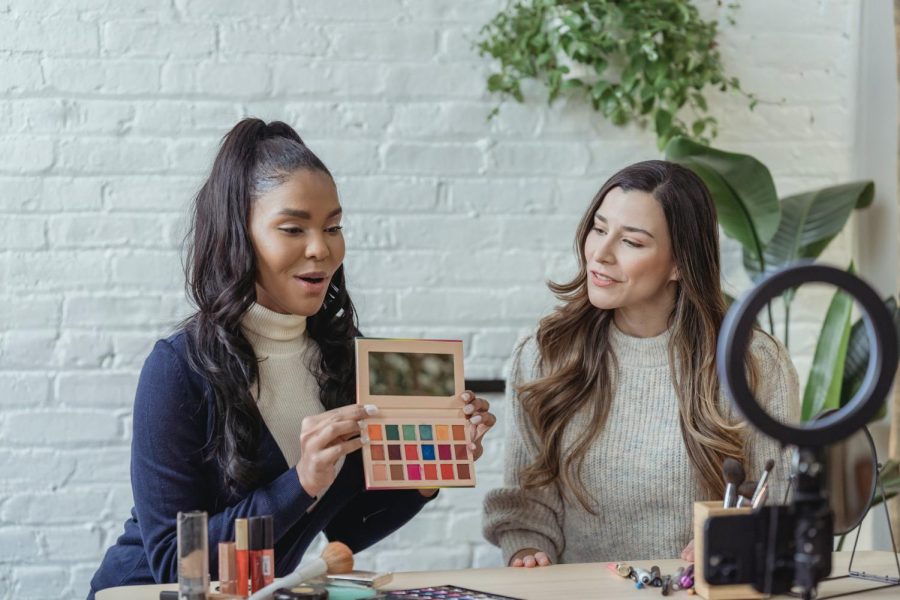Dr. Social Media
We shouldn’t take all the health and beauty advice given to us on social media.
PHOTO | George Milton | Pexels
Two beauty influencers show off an eyeshadow palette on social media.

With the growth in popularity of social media, many beauty and health companies have turned to social media and influencers to promote their products. On Instagram and TikTok there are thousands of influencers who are sponsored by companies with the sole purpose of increasing consumerism.
Nowadays anyone on social media can claim to be an ‘expert’ on any said topic like beauty and health. Who in actuality is an expert and should we listen to influencers advice? How many of the products promoted by TikTok or Instagram are actually useful?
Recent health trends that claim to improve your well-being have been proven false and do more harm than good. For example, adding chlorophyll to your water is stated to help with cancer prevention, reduce inflammation and acne treatment. According to the Cleveland Clinic, there are no actual studies to support these claims. However, studies suggest that mild stomach or gastrointestinal issues and an increased risk of sunburn are potential side effects of adding chlorophyll.

“Would I recommend it? No,” registered dietitian Beth Czerwony said. “Plants need chlorophyll far more than we do. It’s really not necessary. But if you want to try it, there’s no real harm.”
Another famous beauty trend recently has been ‘face slugging’. You apply a decent amount of petroleum jelly to your face, leave it overnight and wash it off in the morning. There are benefits to slugging as it moisturizes, protects and repairs some damage to skin, yet this trend is not practical for everyone. People with acne-prone, oily or infected skin should avoid this trend as slugging has been proven to worsen said conditions.
“Skin that is oily already has an adequate or even too-robust lipid layer,” Dermatologist Amy Kassouf MD said. “It does not need the extra addition of lipids to the surface.”
The truth is, we need to stop trying everything social media tells us, especially when it comes to our beauty and wellness. It is so easy to claim being an expert. When influencers talk about their multitude of experiences on a range of topics, or the extensive research they’ve done, it becomes hard to differentiate what’s true or false. Most influencers are also sponsored when it comes to posting about beauty and health products.
At the end of the day everyone is different, and what works for one person may not work for someone else. We need to leave the health and beauty advice to the professionals. After all, they are the ones who studied that specific specialty, not the influencers who are paid to do advertisements on TikTok or Instagram. If you are going to attempt one of the multitude of beauty and wellness trends on the internet, do your research first and consult a trusted professional who knows what is best for your body.
“Any health advice coming from someone other than your doctor or treating health professional should be interpreted with caution,” General Practitioner Dr. Preeya Alexander said. “While there are some great health tips on social media, I’ve seen some very dangerous ones, too, just because something seems harmless or ‘natural’, that doesn’t mean it can’t have potentially nasty consequences.”



